What Do You Put in an Air Condensate Line?
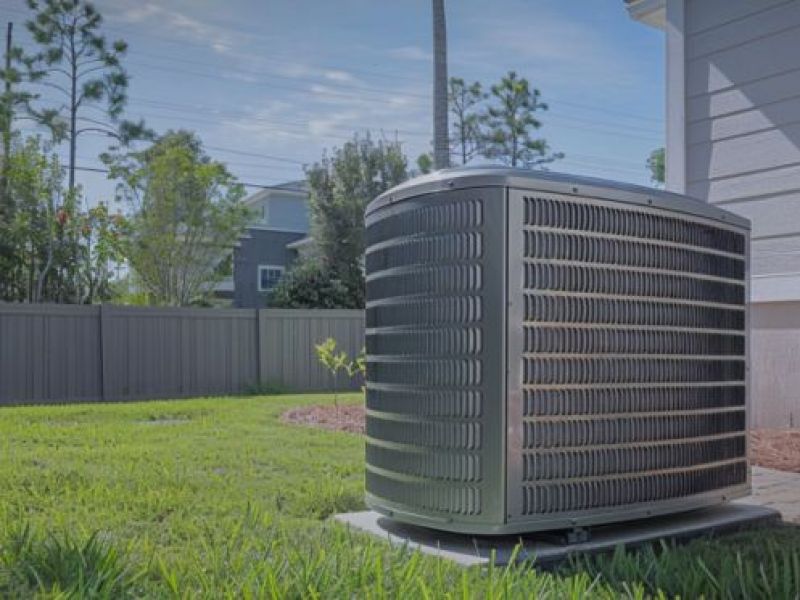
TL;DR: For routine AC condensate line maintenance, white vinegar is recommended to prevent mold and algae, while mild bleach can tackle tougher blockages—always followed by a water flush. However, for significant issues or thorough cleaning, seeking professional HVAC assistance ensures the line remains clear and your system operates at peak efficiency.
When it comes to keeping your air conditioning system running smoothly, one component that often gets overlooked is the AC condensate line. Yet, this small but crucial part plays a significant role in the efficiency and longevity of your AC unit. The condensate line drains the moisture your air conditioner collects from the air, preventing water damage and maintaining indoor air quality. However, without proper maintenance, this line can become clogged with algae, mold, and debris, leading to leaks, water damage, and reduced system efficiency.
Understanding how to maintain your AC condensate line is key to ensuring a healthy, efficient air conditioning system. In this blog, we’ll dive into the essentials of AC condensate line maintenance, including what substances are safe to use for cleaning, step-by-step maintenance tips, and how to recognize when it’s time to call in the professionals. Whether you’re a seasoned homeowner or new to AC maintenance, this guide will equip you with the knowledge you need to keep your condensate line clear and your AC running at its best.
Understanding Your Air Condensate Line
The AC condensate line plays a pivotal role in the functionality of your air conditioning system, yet it often goes unnoticed until problems arise. The AC condensate line is a drainage pipe that allows the moisture collected during the air conditioning process to exit your home.
As air circulates through the AC system, it passes over the evaporator coil, which cools the air while removing humidity. This humidity turns into condensation, which needs to be channeled away from the unit to prevent water damage and maintain indoor air quality. The condensate line performs this essential function, leading the water from the evaporator coil to the outside of your home or into a drain system.
This process is essential not only for preventing water damage but also for maintaining the overall indoor air quality by avoiding the buildup of mold and mildew. However, without regular maintenance, the condensate line can encounter several issues, such as clogs from algae, mold, dirt, and debris, which prevent proper drainage. Additionally, leaks may develop due to cracks or loose connections, leading to potential water damage.
DIY Maintenance For AC Condensate Lines
Maintaining your AC condensate line is crucial for the efficient operation of your air conditioning system and to avoid issues like water damage and mold growth. To begin, it’s essential to turn off the power to your AC unit at both the thermostat and the circuit breaker to ensure safety during maintenance.
Once the power is off, locate the condensate line, which is usually found near the outdoor unit or leading into a plumbing drain, with its origin at the drip pan under the evaporator coil. A key maintenance task is to clear any clogs or debris from the line, which can be done by attaching a wet/dry vacuum to the end of the condensate line outside your home. Ensure a tight seal with duct tape or a cloth for effective suction, and run the vacuum for about a minute.
For lines accessible indoors, pouring white vinegar or a diluted bleach solution can help dissolve blockages and kill mold or algae. After clearing the line, flushing it with water ensures that any remaining debris or cleaning solution is removed, maintaining the line’s integrity.
Despite these homeowner-friendly maintenance steps, an annual inspection by a professional HVAC technician is strongly recommended. This ensures any potential issues are caught and resolved early, keeping your system running smoothly. Following these maintenance practices not only extends the lifespan of your AC unit but also contributes to maintaining a healthy indoor air quality, making your home more comfortable and safe.
What To Put in Your AC Condensate Line
Among the safe and effective substances for cleaning the condensate line, white vinegar stands out as an eco-friendly choice that naturally combats mold and algae without damaging the pipes. Incorporating a cup of white vinegar into the line every three to six months can significantly aid in keeping it clear.
For tackling more severe blockages or for disinfecting purposes, a diluted bleach solution can be utilized with caution, bearing in mind to flush the system thoroughly with water afterward to remove any lingering chemicals. Additionally, regular flushes with hot water serve as a simple, chemical-free method to maintain a smooth flow, particularly beneficial after using cleaning agents like vinegar or bleach. However, it’s crucial to avoid pouring harsh chemicals, oils, or fats into the condensate line, as these substances can corrode the pipes or solidify, leading to further blockages.
While household cleaning can be effective, it’s prudent to engage a professional HVAC technician to ensure thorough cleaning and maintenance. These experts have the experience and tools needed to handle the task meticulously. They can utilize advanced cleaning agents and equipment to eliminate microbial growth and mineral deposits, guaranteeing the optimal functioning of your condensate line.
Professional Maintenance For Your HVAC System and AC Condensate Line
While diligent maintenance by homeowners can help assist in the upkeep of an AC system’s condensate line, there are certain scenarios where the expertise of a professional HVAC technician becomes indispensable. Persistent issues such as frequent clogs, visible damage to the condensate line, signs of water damage or mold around the AC unit, or unusual noises and odors emanating from the line area are clear indicators that professional intervention is needed.
The expertise of a professional not only helps in accurately diagnosing and resolving these issues but also provides preventative care that can identify and rectify potential problems before they escalate, thereby ensuring the system’s longevity and efficient operation.
Professionals bring a level of expertise and access to specialized tools that the average homeowner does not possess, which is critical for handling complex repairs safely and effectively. Regular, professional inspections and maintenance can prevent major issues, ultimately saving time and money while extending the life of your AC unit. Moreover, professionals are trained to safely handle hazardous materials and situations, mitigating the risk of property damage or personal injury.
It’s recommended to schedule professional maintenance at least annually. In warmer and more humid climates, twice a year is recommended. However, if at any point you’re not confident in your ability to maintain or repair the condensate line without causing further damage, it’s imperative to call a professional. Attempting to fix problems you may not have the correct tools to handle effectively can lead to more significant damage to your system, higher repair costs, and even pose safety risks.
A professional HVAC technician can offer the peace of mind that comes from knowing your system is being cared for properly, ensuring it continues to provide reliable comfort in your home without the risks associated with improper maintenance.
Professional HVAC Services Near You
In conclusion, maintaining your AC condensate line is a critical aspect of ensuring your air conditioning system operates efficiently, safely, and effectively. From using simple household items like white vinegar for routine cleanings to recognizing when to call in professional help, each step taken towards maintaining your condensate line contributes to the overall health of your AC system. Remember, prevention is key; regular maintenance not only extends the lifespan of your system but also prevents common issues that can lead to bigger problems down the line.
If you’re in Vero Beach, FL, and find yourself in need of expert HVAC maintenance, Air Docs Heating & Cooling is your go-to solution. With years of experience and a team of certified professionals, Air Docs specializes in ensuring your AC system, including the crucial condensate line, operates at peak efficiency. Whether you’re seeking routine maintenance, unexpected breakdowns that need immediate repairs, or advice on preventing future issues, their personalized and reliable service guarantees your comfort and satisfaction. Trust Air Docs Heating & Cooling to handle all your HVAC needs with the professionalism and expertise that your home deserves!
Frequently Asked Questions About AC Condensate Lines
What is an AC condensate line and why is it important?
The AC condensate line is a crucial component of your air conditioning system that drains the condensation (water) collected from the air during the cooling process. It’s important because it helps prevent moisture buildup in your system, which can lead to mold growth, water damage, and decreased air quality in your home. Proper maintenance of the condensate line ensures your AC runs efficiently and lasts longer.
How often should I clean my AC condensate line?
It’s recommended to have your AC condensate line cleaned at least once a year. However, in areas with high humidity or if you use your air conditioner extensively, cleaning it twice a year may be necessary to prevent clogs and maintain optimal performance.
What are the signs that my AC condensate line is clogged?
Signs of a clogged AC condensate line include water leakage around your AC unit, an increase in indoor humidity levels, or the presence of musty odors. If the condensate pump (if your system has one) is running constantly or you notice water pooling in the drain pan, these are also indicators of a potential blockage. If you observe any of these signs, it’s important to inspect and clean your condensate line as soon as possible to prevent further issues.
Other Blogs You May Be Interested In
Categories

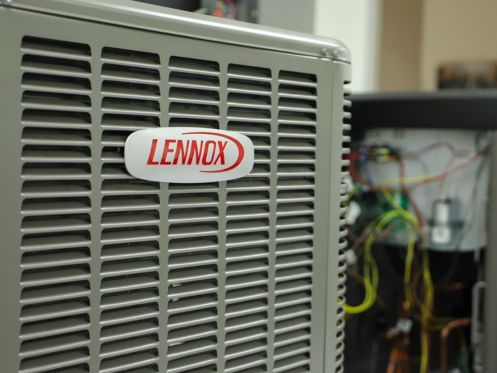
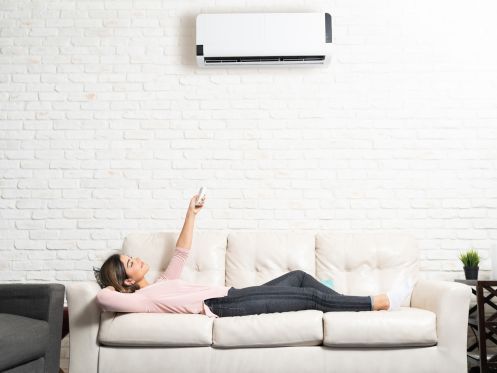

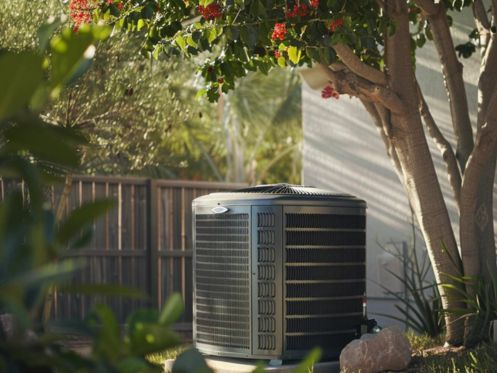

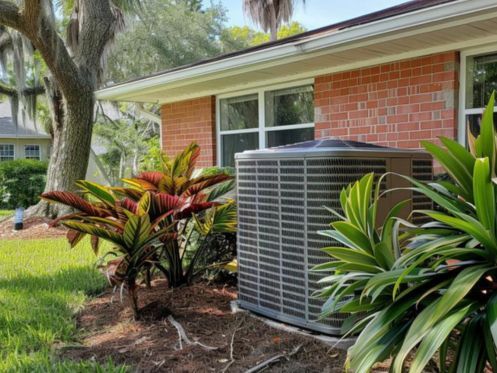
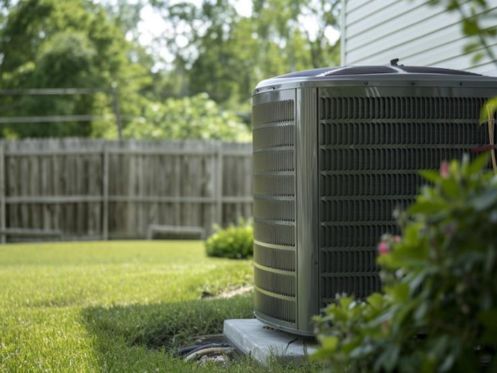
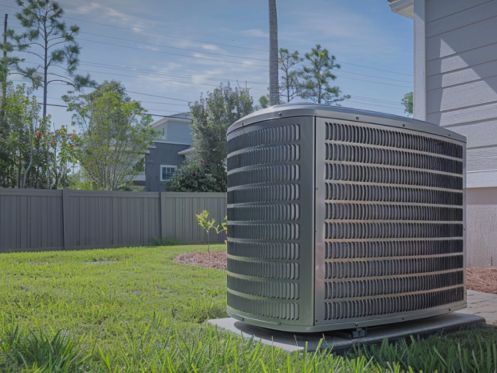

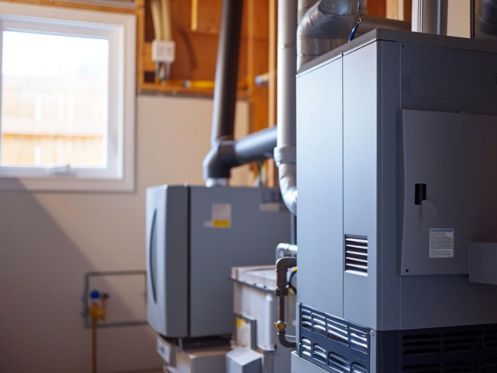
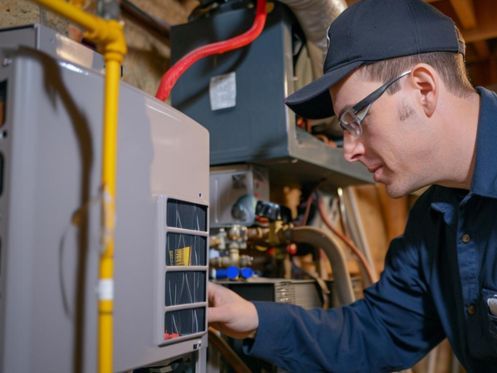
Leave a Reply